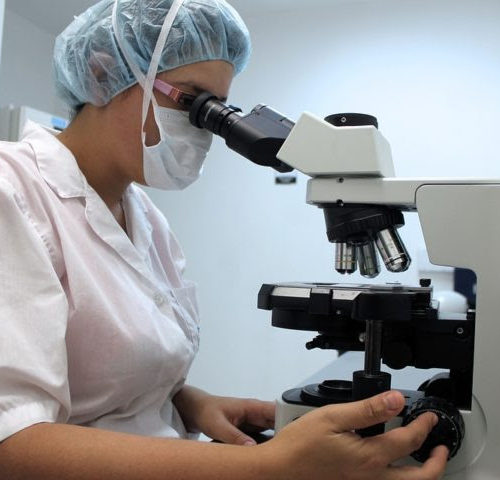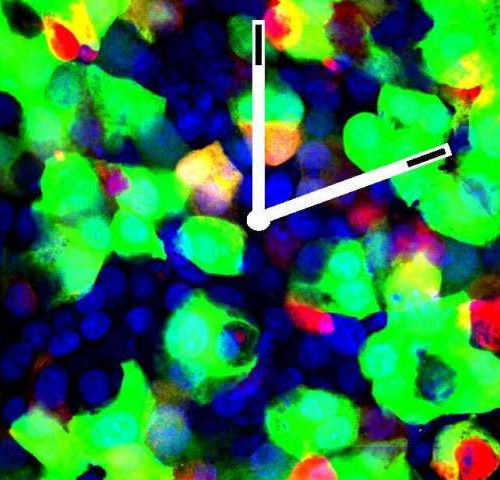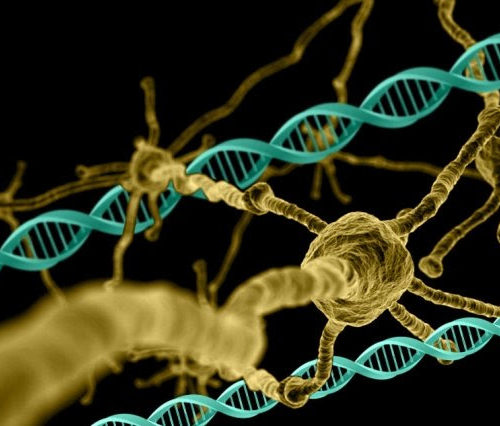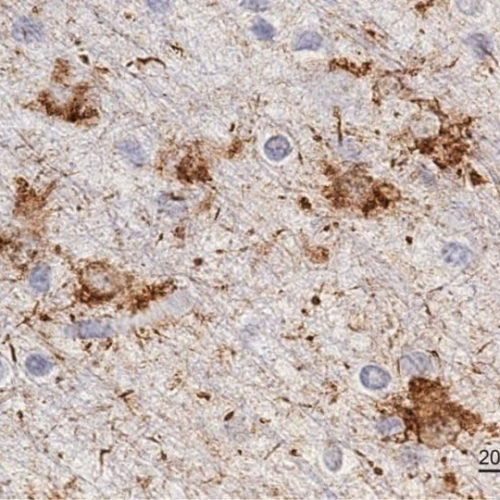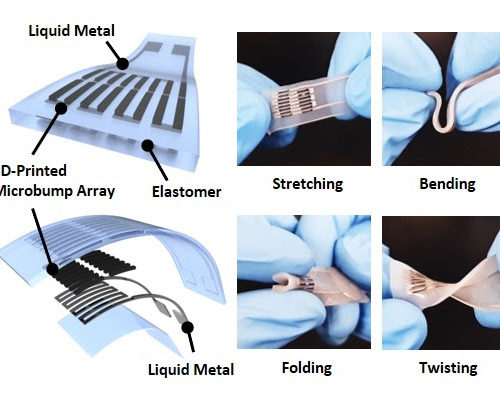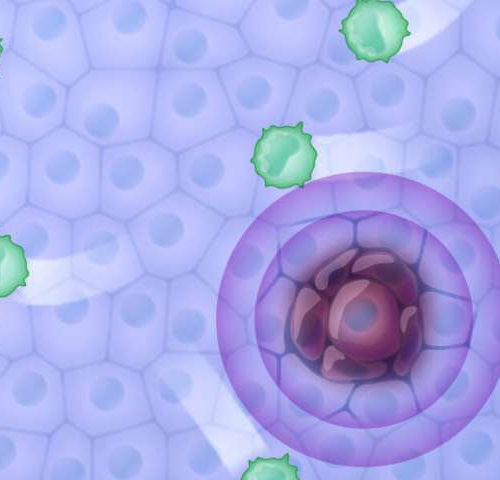A team of physicists from McMaster University has developed a process to modify red blood cells so they can be used to distribute drugs throughout the body, which could specifically target infections or treat catastrophic diseases such as cancer or Alzheimer’s. The modified red blood cells are designed to circulate in the body for several...
Stem Cells, CRISPR and Gene Sequencing Technology are Basis of New Brain Cancer Model
Using genetically engineered human pluripotent stem cells, University of California San Diego School of Medicine researchers created a new type of cancer model to study in vivo how glioblastoma, the most common and aggressive form of brain cancer, develops and changes over time. “We have developed stem cell models that are CRISPR-engineered to have tumor-associated...
New light shed on neuronal circuits involved in behavior, learning and dysfunction
by Lachlan Gilbert, University of New South Wales Scientists at UNSW Sydney’s Decision Neuroscience Lab have made a major discovery about the way brains influence behavior which challenges theory that has stood for 30 years. And the findings could one day have key implications for the way we treat brain related diseases such as Parkinson’s...
Could resetting our internal clocks help control diabetes?
by University of Geneva The circadian clock system (from the Latin “circa diem,” about a day) allows organisms to anticipate periodic changes of geophysical time and to adjust to those changes. Nearly all cells comprise molecular clocks that regulate and synchronize metabolic functions to a 24-hour cycle of day-night changes. Today, increasing evidence show that...
Study examines quality of life in patients with kidney disease in India
by American Society of Nephrology A new study indicates that even early stages of chronic kidney disease (CKD) can negatively impact individuals’ quality of life. The findings, which appear in an upcoming issue of CJASN, point to the importance of addressing, in addition to the medical aspects of chronic diseases, other factors that are important...
Discovery takes pressure off blood measurements
MONASH UNIVERSITY Monash University researchers are developing a revolutionary, portable blood pressure monitoring device that provides data continuously to patients. A world-first trial took place with 43 participants. Blood pressure was measured in patients while sitting, standing, laying down, and exercising. Recordings were taken with 93 per cent accuracy. The cuffed sphygmomanometer is the current...
Genetic screen offers new drug targets for Huntington’s disease
Using a type of genetic screen that had previously been impossible in the mammalian brain, MIT neuroscientists have identified hundreds of genes that are necessary for neuron survival. They also used the same approach to identify genes that protect against the toxic effects of a mutant protein that causes Huntington’s disease. These efforts yielded at...
Distinctive Alzheimer’s Symptoms Linked to Damaged Glial Cells
Memory loss is the most common symptom of Alzheimer’s disease, but many patients also experience problems with language, spatial awareness, and other cognitive functions, particularly as the disease progresses. Understanding the biological differences that drive these distinct symptoms could lead to more personalized patient care and potentially therapies targeted to patients’ individual needs. A new...
Liquid Metal Biosensors for Healthcare Monitoring
MEDGADGET EDITORS CARDIOLOGY, MATERIALS, SPORTS MEDICINE Flexible biosensors are a popular new field of research. Soft pressure sensors are of particular interest because there are many applications for them in healthcare. Most flexible pressure sensors are based on solid-state components that tend to rely on carbon nanotubes and graphene. Carbon nanotubes or graphene flakes are...
How the immune system becomes blind to cancer cells
by University of Freiburg T cells play a huge role in our immune system’s fight against modified cells in the body that can develop into cancer. Phagocytes and B cells identify changes in these cells and activate the T cells, which then start a full-blown program of destruction. This functions well in many cases—unless the...

